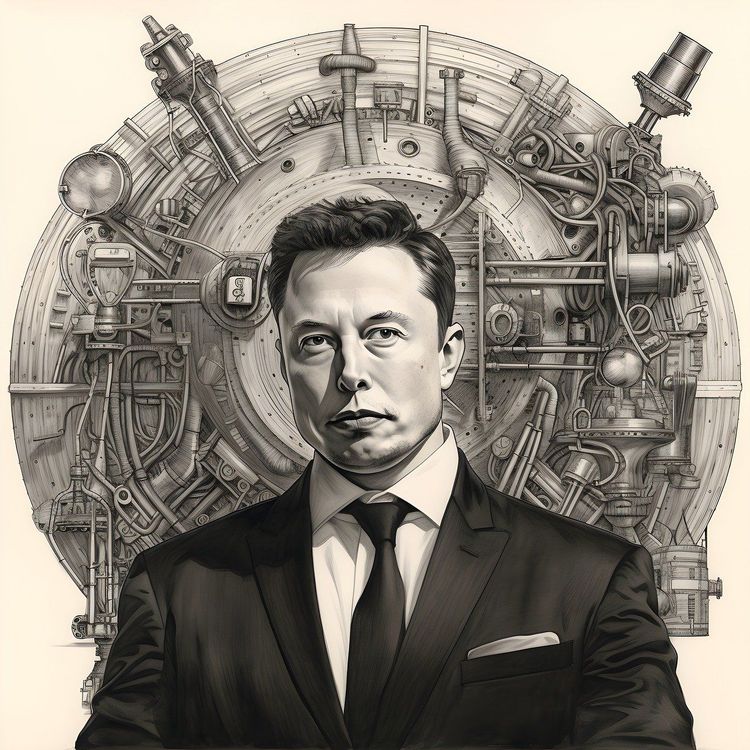Salesforce launched its AI layer, Einstein, in 2016 to offer predictive AI solutions throughout the Salesforce product suite. Following the arrival of OpenAI's ChatGPT in March, the company rolled out Einstein GPT, enabling users to pose queries in natural language across the platform.
Today, at the Dreamforce customer conference in San Francisco, Salesforce unveiled the next evolution in its AI endeavors: Einstein Copilot. This new feature allows users to ask questions contextually, regardless of the specific Salesforce product they are using.
Clara Shih, CEO of Salesforce AI, emphasizes the significance of her role in today's AI-driven landscape. She explains that Einstein GPT was the initial step towards integrating generative AI throughout the platform, providing generalized automated support such as creating customer service responses or drafting emails for sales personnel. However, many users found this level of assistance insufficient, prompting the development of Copilot.
“We are launching Einstein Copilot—a conversational AI assistant designed for companies, employees, and their customers. This tool allows users to securely access generative AI, enhancing their productivity and efficiency,” Shih stated in a recent press event.
With Einstein Copilot, users can efficiently obtain information that typically requires numerous clicks and specific knowledge. For instance, a salesperson might investigate new accounts, a less experienced customer service rep could inquire about handling returns over 30 days, and a product manager could design a tailored storefront for a product launch. Instead of searching for information or asking someone, they can simply converse with Einstein Copilot, which will retrieve the necessary details, provided it has been trained to do so.
Brent Leary, founder and principal analyst at CRM Essentials, asserts that while generative AI is becoming ubiquitous among software vendors, Salesforce holds a unique advantage. “What might set Einstein Copilot apart is its comprehensive coverage across the customer touchpoint spectrum, including commerce. This creates potential for transformative impacts on customer interactions and improves both customer and employee experiences during critical moments,” Leary explained.
Shih acknowledges the challenges associated with large language models and is candid about their limitations. “We recognize the AI trust gap, which stems from issues such as data silos leading to hallucinations and erroneous outputs,” she mentioned during a recent press conference.
Salesforce aims to mitigate these challenges by integrating Einstein Copilot AI tools with data from its own Data Cloud (launched last year at Dreamforce as Genie) and developing its proprietary model. This strategy aims to minimize the hallucination problems commonly associated with large language models.
Additionally, the company has introduced a concept known as the “trust layer,” which serves as a foundation for security, governance, and privacy structures. This initiative seeks to instill greater confidence among customers as they begin implementing Salesforce's generative AI tools in their operations.
However, industry experts agree that completely eliminating hallucinations in large language models remains a challenge.
Currently, Einstein Copilot is in beta testing with selected customers, and while Salesforce has not disclosed a specific release date, the Einstein Trust Layer is expected to become generally available across the Einstein platform next month.







